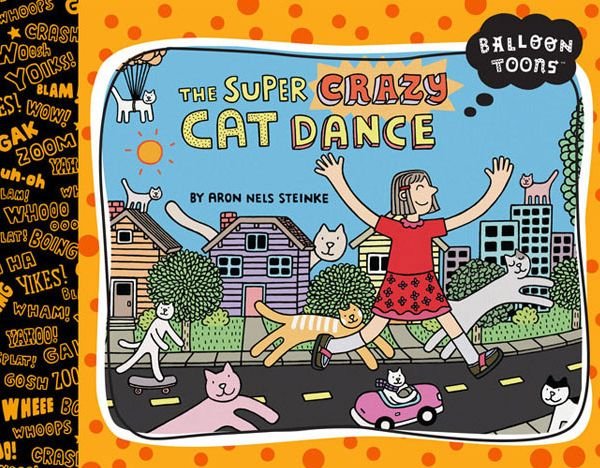There are a number of companies offering print-on-demand options for authors looking to self-publish.
Author Solutions publishes under nine brand names in the United States, including Xlibris. With all of its brands combined, Author Solutions has released 135,000 titles from about 80,000 authors since its founding in 2007. Last year, publishing agreements were up 23 percent over 2009.
Author Solutions is print-on-demand, so while some packages include books, authors are not required to purchase a set number of copies in advance.
Author Solutions sees self-publishing as a democratization of the book industry. Keith Ogorek, senior vice president of marketing for the Bloomington, Ind.-based Author Solutions, likened self-publishing to indie music and film.
Another player in the self-publishing game is Lulu Enterprises Inc. (<a href="http://www.lulu.com">http://www.lulu.com</a>). Since its 2002 inception, the Raleigh, N.C.-based print-on-demand company has published more than 1 million titles in more than 240 countries and territories.
There are no mandatory upfront costs to publish through Lulu, though authors can opt to purchase support services ranging from $80 to $10,000. When books sell, Lulu keeps 20 percent, and the author gets the rest.
The number of Vancouver authors publishing through Lulu increased 25 percent in the past year, and local book purchases through <a href="http://lulu.com">http://lulu.com</a> were up 28 percent, according to AJ McDonald, Lulu's director of public relations. The top 100 Lulu authors from Vancouver have all made at least $5,000 off their books, and the top five have made at least $40,000, McDonald said.
However, many people who self-publish never achieve that level of financial success, and profits are not always the goal. Lulu gets some authors who are making a book for a family member or friend, and the only copy that sells is the one they buy.
"The applications are really kind of endless," McDonald said.
Amazon.com has gotten into self-publishing, as well. Charleston, S.C.-based CreateSpace, an Amazon company, allows people to create and distribute books, music and videos.
CreateSpace generally does not divulge financial or growth information but reported in May 2010 that it had more than 2 million books, CDs and DVDs in its Amazon.com catalog.
Amazon also offers people the ability to self-publish e-books through Kindle Direct Publishing (<a href="http://kdp.amazon.com">http://kdp.amazon.com</a>).
CreateSpace royalties are 40 percent, 60 percent or 80 percent of the list price, less the cost of manufacturing, depending on which package the author chooses. Kindle Direct Publishing has 35-percent and 70-percent royalty options.
The only upfront expense to publish a book through CreateSpace is the cost of a proof copy, generally between $5 and $10. People can choose from a number of service packages ranging from $299 for the Author's Express to $4,999 for the Total Design Freedom Marketing Pro.



